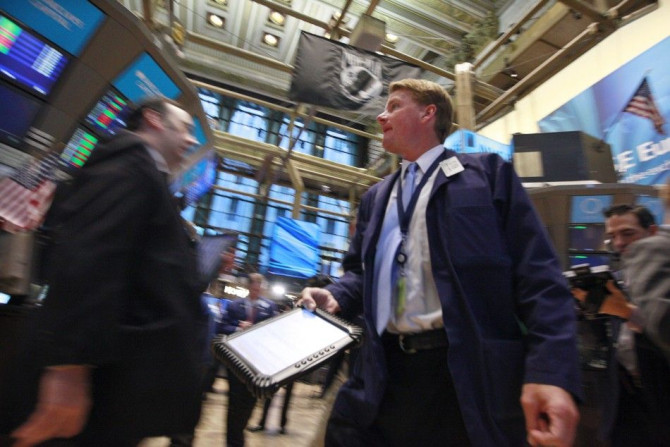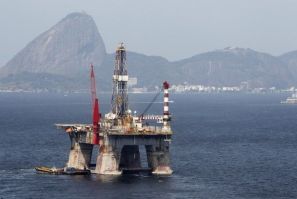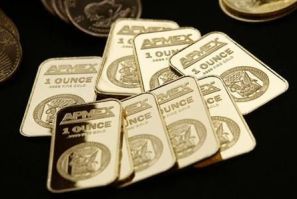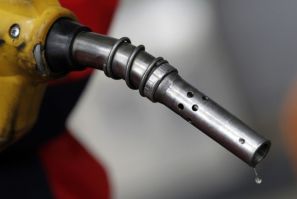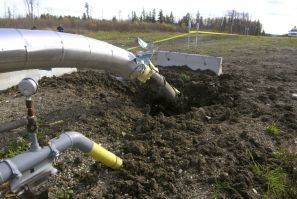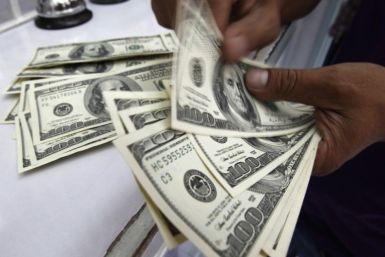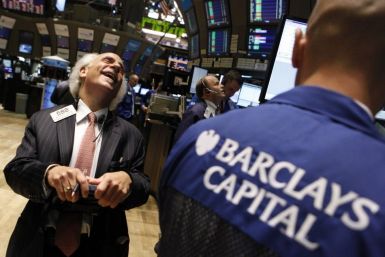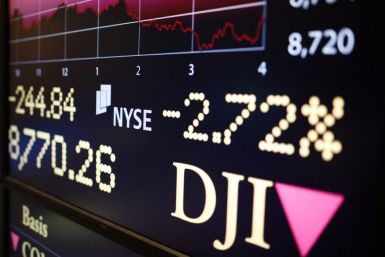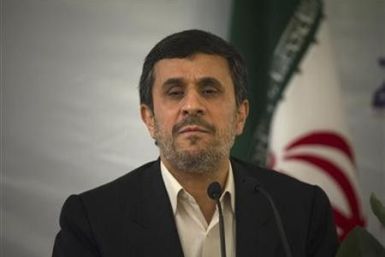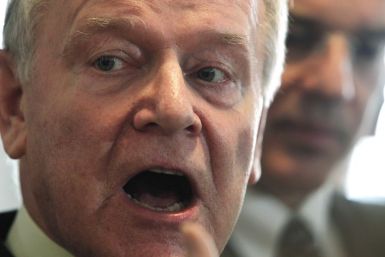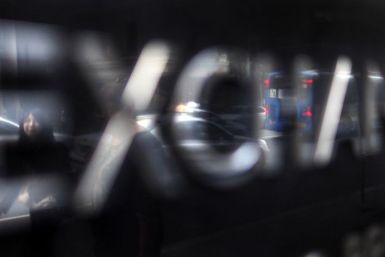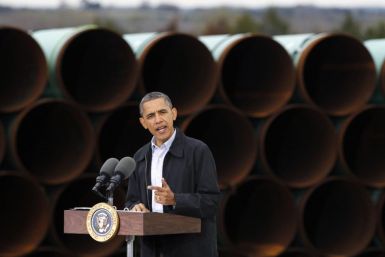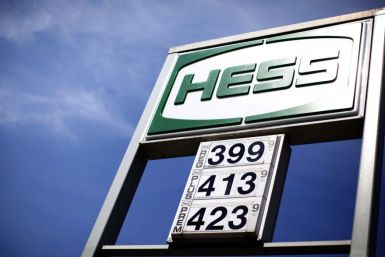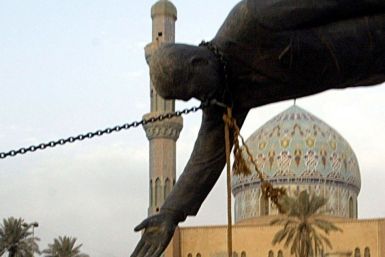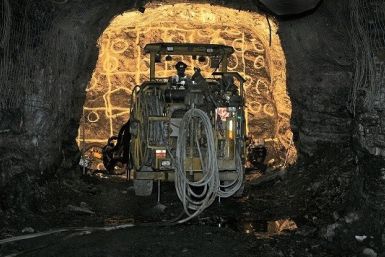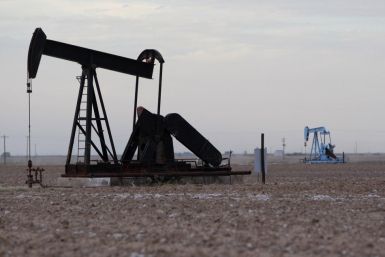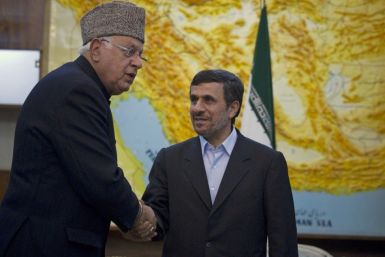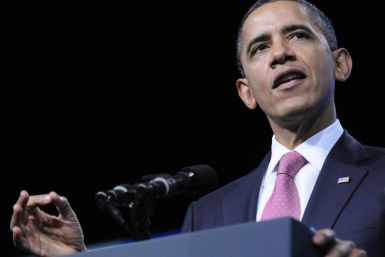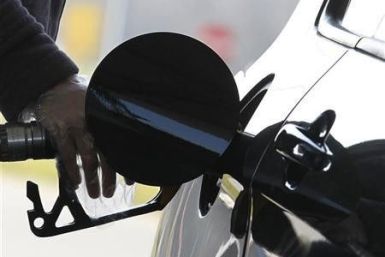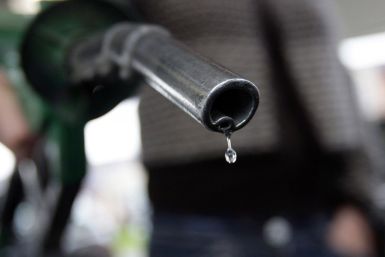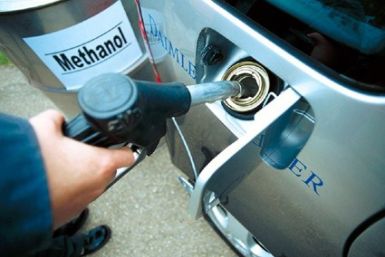Risky assets rose on moderate volume and moderately bad news Thursday, as investors seemed to be placing a paradoxical bet that a slowdown in economic growth would jolt the U.S. central bank into action -- inflating the prices of stocks, commodities and other assets -- while at the same time assuming the slowdown would not be so harsh as to throw the current recovery completely off track.
Stocks popped Wednesday on both sides of the Atlantic, one day after their worst loss of the year, on easing euro zone worries and hopes for a better-than-expected earnings season.
Stocks extended their longest and deepest slump of the year on rekindled worries about the euro zone crisis along with nervousness about first-quarter corporate earnings.
Iran has enough funds to withstand a total embargo on its oil sales for two to three years, Iranian media quoted President Mahmoud Ahmadinejad as saying days before the resumption of talks with world powers on Tehran's nuclear program.
BG Group will take its first step toward becoming Brazil's largest foreign oil producer by 2020 with a $2 billion cash infusion for research and development, the Financial Times reported Monday.
The risk-on sentiment ginned up by the kindness of western central banks plus the first quarter's good weather, which pulled forward consumer spending and construction activity, is fading.
Oone of the largest natural gas distributors in the U.S. announced it is planning to invest up to $1.8 billion in the construction of a pipeline connecting the Bakken oil fields in North Dakota with the nation's oil hub in Oklahoma. But the new pipeline won't solve the problem of getting to refineries all the oil being produced in the U.S.
Futures on major US indices point to a lower opening Monday after US non-farm payrolls data showed that the world's biggest economy added fewer-than-expected jobs in March.
“Price hikes at the pump have been losing steam for weeks. ... Crude oil prices have slipped and if they don’t rebound in the very near future, gasoline prices will peak very soon, if they haven’t already,” said Trilby Lundberg, president of Lundberg Survey Inc.
Iraq is facing a serious crisis, Kurdistan's leader Massoud Barzani said during a recent visit in Washington -- and his semiautonomous region's ambitions in the oil-and-gas business aren't going to help defuse potentially explosive ethnic tensions.
Gold rose on Thursday, as investors covered short positions after a sharp two-day pullback, and a crude oil rally also buoyed the precious metal that sank early this week on disappointment about further U.S. monetary easing.
The U.S. economy is expected to expand at a disappointing pace in 2012, similar to the tepid 1.7 percent growth rate achieved in 2011, despite recent job gains, according to economists at HSBC, who said wages have failed to keep up.
Crude oil prices declined in Asian trade Wednesday as the Federal Reserve released minutes from a recent meeting dashed hopes for a fresh dose of quantitative easing (QE3) in the near future.
Saudi leaders said such a drawdown was unnecessary.
Sherman shrugged off media reports that Iran was becoming a serious divisive issue between the U.S. and India.
Wall Street advanced on Monday, the first trading day of the second quarter, as upbeat Chinese and manufacturing data overshadowed a report showing continued softness in Europe.
U.S. President Barack Obama is moving ahead with sanctions against Iran's oil industry, in the hope that increased economic pressure will push Tehran into abandoning its nascent nuclear program.
France and the U.K are in talks with the U.S. to release oil from the nations' strategic oil reserves in response to rising gas prices, reports said Wednesday.
China Petroleum & Chemical Corp. (Sinopec) announced on Sunday a 2 percent rise in profit for the year 2011 thanks to higher oil prices and increasing fuel sales.
Analysts, economists, and market participants were concerned with three things this week, and three things only: inflation, inflation, and inflation.
Figures from industry analysts Experian Catalist showed drivers were paying an average £1.42 a liter, as fears over Iranian supplies have seen the price of crude oil soar more than 12 percent since January.
The cost of living in the U.S. rose to a 10-month high in February on the back of soaring gasoline prices, government data showed Friday.


